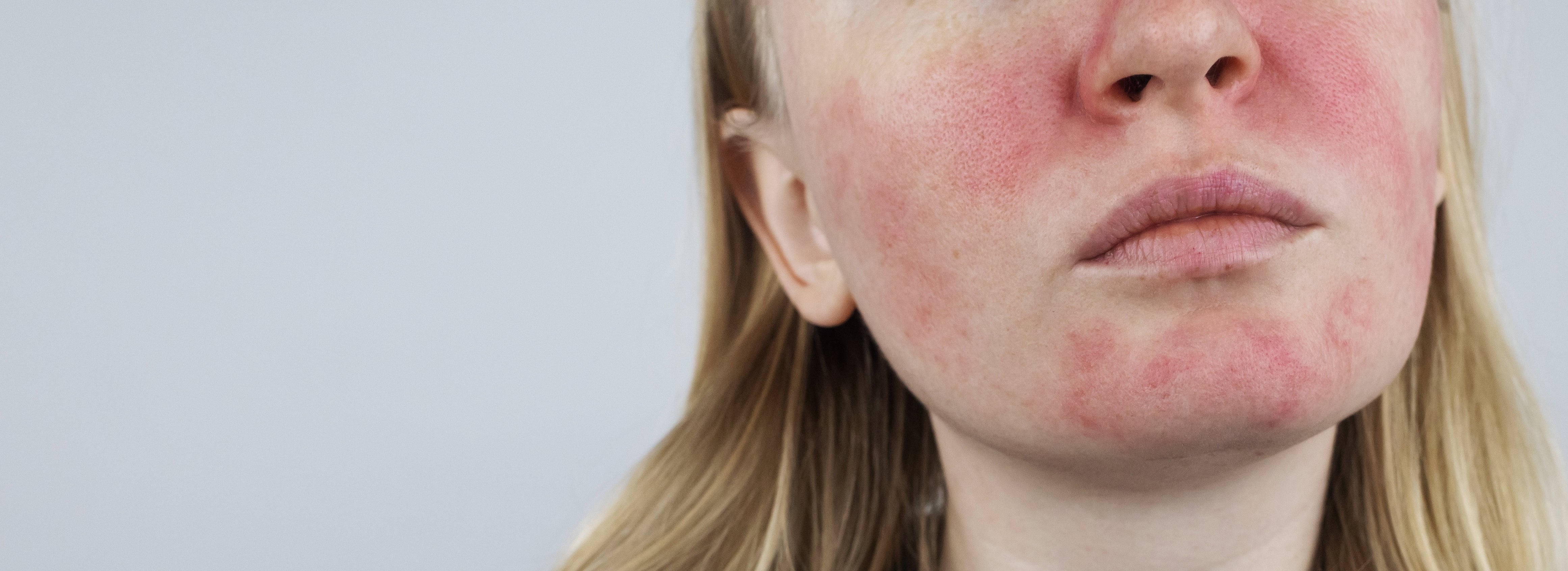
Acne and Olive Skin
What is Olive Skin?
Olive skin is a term used to describe a specific complexion with warm undertones, typically exhibiting shades of yellow or green. This skin tone is commonly associated with individuals of Mediterranean, Middle Eastern, and certain Asian backgrounds, although it can be found across various ethnicities.
Those with olive skin tend to tan easily and are less prone to sunburn, giving them a natural, sun-kissed appearance. This complexion encompasses a spectrum of shades, ranging from light to medium to dark, with varying undertones. It is characterized by a harmonious balance between melanin production (the pigment responsible for skin color) and the skin's capacity to tan.
Olive Skin Explained
Olive skin is a term used to describe a particular complexion with specific characteristics:
- Undertones: Olive skin typically has warm undertones with shades of yellow or green. This undertone gives the skin its characteristic appearance.
- Common Associations: It is often associated with people from Mediterranean, Middle Eastern, and some Asian backgrounds. However, it can be found in individuals from various ethnic backgrounds.
- Sun Tolerance: Olive skin is known for its ability to tan easily and its resistance to sunburn. This is due to the higher levels of melanin in the skin, which provides some natural protection against the sun's harmful effects.
- Variability: People with olive skin can have varying shades within the olive spectrum, ranging from light to medium to dark. The undertone can also vary, resulting in different hues of olive.
- Genetic and Environmental Factors: Skin tone, including olive skin, is influenced by both genetic factors and environmental elements like sun exposure. While genetics play a significant role in determining skin tone, prolonged exposure to the sun can cause variations in the shade of olive skin.
Acne Challenges
Acne in individuals with olive skin can present unique challenges and considerations. Here are some key points to keep in mind:
- Post-Inflammatory Hyperpigmentation (PIH): Olive skin is more prone to hyperpigmentation, which means that after an acne lesion heals, it can leave behind dark spots or patches. These can take a long time to fade and may require targeted treatment.
- Avoiding Harsh Products: Harsh or abrasive products can exacerbate inflammation and pigmentation issues in olive skin. It's important to choose gentle, non-comedogenic skincare products.
- Sun Protection: Sun exposure can worsen hyperpigmentation. Daily use of a broad-spectrum sunscreen with an SPF of 30 or higher is crucial to prevent further darkening of spots.
- Avoid Picking and Squeezing: This can lead to more inflammation and increase the risk of scarring and hyperpigmentation.
- Patience and Consistency: Treating acne in olive skin can take time, and it's important to be consistent with the recommended skincare routine and treatments.
- Diet and Lifestyle: While there's no one-size-fits-all approach, some individuals find that certain dietary and lifestyle changes can help improve their skin. This might include reducing dairy or sugar intake, managing stress, and getting regular exercise.






